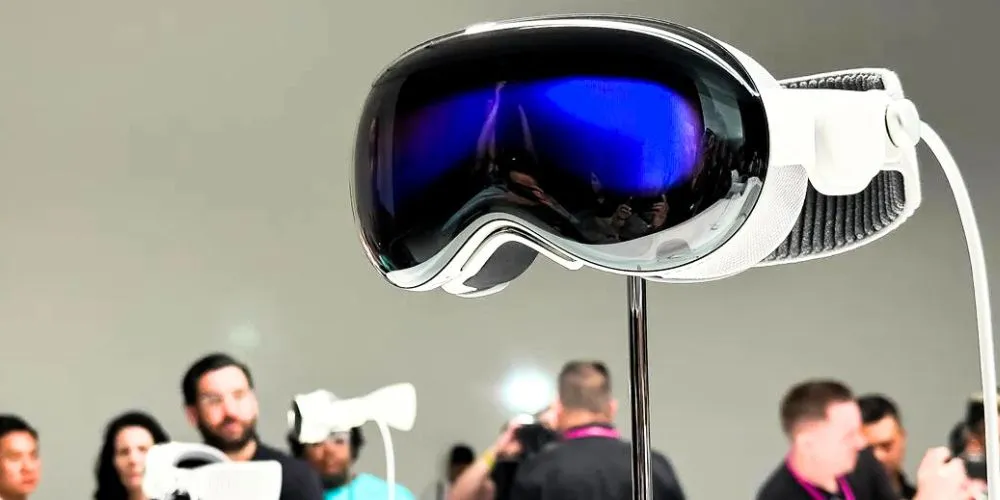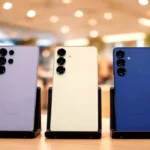Key Points
- Vision Pro and Apple Intelligence face underwhelming market reception.
- Apple Intelligence tools have been criticized for lacking originality and impact.
- China’s AI market presents unique challenges due to restrictions and competition.
- Analysts suggest cautious optimism for Apple’s long-term prospects in AI and AR.
Tim Cook, Apple’s CEO, faces a critical challenge in 2025 as two of the company’s boldest ventures—Vision Pro and Apple Intelligence—grapple with lukewarm receptions. Heralded as the future of augmented and virtual reality, Vision Pro stumbled out of the gate after its February 2024 launch.
Marketed as “the most advanced consumer electronics device ever created,” Vision Pro’s $3,500 price tag has been a significant barrier. Comparatively cheaper alternatives, like Meta’s Quest Pro at $999.99, have drawn consumers away, leaving Vision Pro with a market share that dropped from 16% in early 2024 to just 3% by mid-year.
Despite promises of over 600 apps, developer interest has been slow, with only about 10 new apps added to the Vision Pro store in September. Analysts argue that the headset’s functionality, such as its suitability for productivity tasks, remains underwhelming. Cook, however, defends Vision Pro as an “early adopter product,” aiming at those eager for cutting-edge technology.
Apple’s venture into generative AI, branded as Apple Intelligence, has also faced setbacks. Announced in 2024, the initiative aimed to position Apple alongside AI leaders like Google and Microsoft. Yet, the launch of its flagship iPhone 16 excluded AI features, dampening enthusiasm.
Gradual rollouts of tools like summarization features and the Image Playground app have been criticized for lacking originality and practical value. High-profile reviewers and analysts note these tools fail to stand out in an already crowded AI market.
Internationally, Apple’s efforts to expand AI capabilities in China have encountered obstacles. Partnerships with local firms like Baidu have issues with accuracy and restrictions on its OpenAI collaboration limit AI offerings in a key market where competitors like Huawei are gaining ground.
Despite the hurdles, analysts remain cautiously optimistic. Some believe Apple Intelligence could gain traction with future updates, while others see potential for Vision Pro as the technology matures. For Cook, the pressure is on to turn these ambitious ventures into the success Apple is known for.





